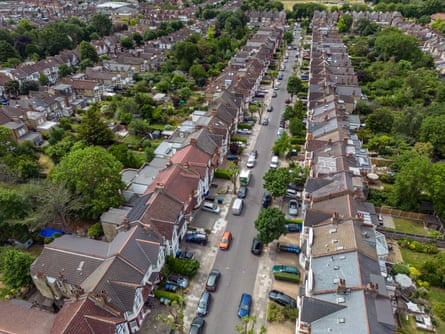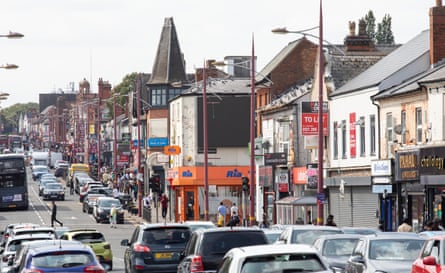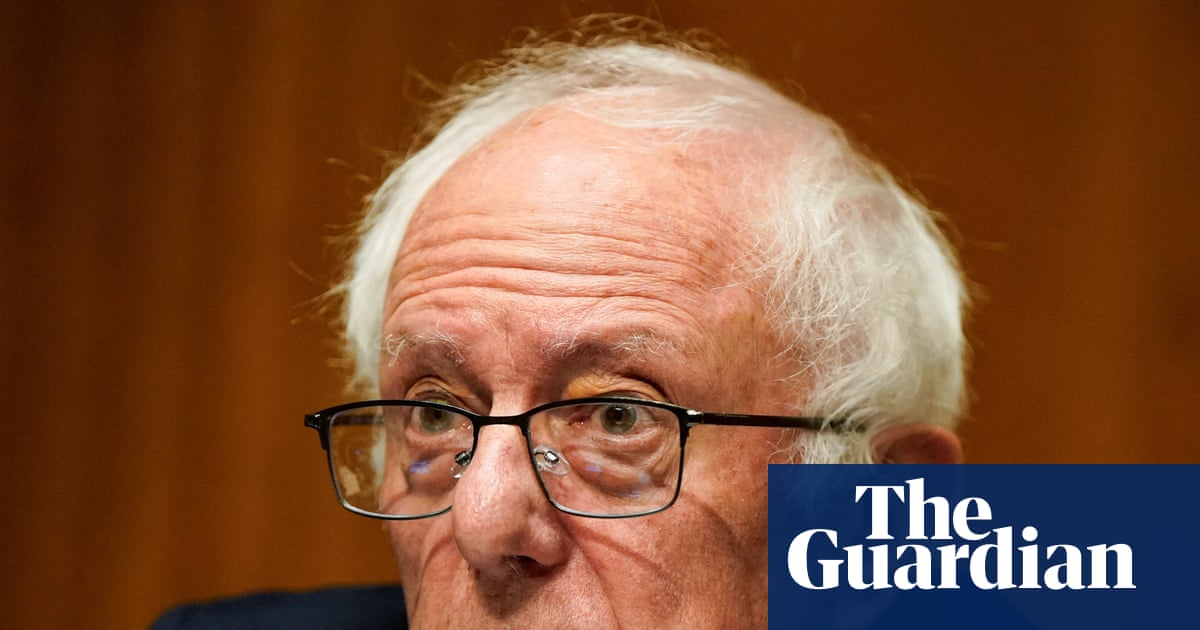Councils across England are increasingly spending millions of pounds a year in incentive payments to private landlords to persuade them to house homeless families, with campaigners describing it as a “senseless waste of public money”.
Data gathered by the campaign group Generation Rent via freedom of information requests showed that 37 councils spent more than £31m on one-off cash payments to private landlords on 10,792 occasions in 2024-25.
The data, from the 32 London councils and the 10 councils outside the capital with the biggest statutory homelessness issues, showed cash-strapped local authorities are increasingly using these payments to encourage landlords to house families who are homeless or facing eviction.
In London, the amount being spent by councils on incentives to private landlords has increased by 54% since 2018, the last time data was collected.
Ben Twomey, the chief executive at Generation Rent, said: “The soaring cost of renting and the government’s decision to freeze the local housing allowance has put councils across the country in a near impossible position.
“In a desperate bid to avoid placing people in temporary accommodation, they’re forced to pay individual landlords sometimes tens of thousands of pounds just for them to agree to rent out their home. It’s a senseless waste of our public money.”

Manchester city council spent the most on landlord incentives, spending £3.3m in 2024-25, with Enfield council in north London spending £2.7m, Ealing council in west London spending £2.3m and Birmingham city council spending £1.7m.
Many of these local authorities are facing budget deficits and pushing through cuts to services and council tax hikes. Manchester city council reported an £18m budget gap earlier this year, while Birmingham city council made the largest cuts in local authority history after declaring itself effectively bankrupt.
The highest single one-off payment to a landlord, £15,385, was paid by Southwark council in south London, with many other councils frequently paying more than £10,000 to landlords. In 2018, only one council in London reported paying £10,000 or more in a single incentive payment, while six reported doing so in 2024-25.
Twomey described the rental market as “like the wild west”, with landlords “rigging the system to line their own pockets at the expense of people experiencing homelessness and the local councils that are trying to house them”. He urged the government to unfreeze local housing allowance rates and give metro mayors the powers to limit rent increases to help curb the practice.
Chris Norris, the policy director at the National Residential Landlords Association, said the incentives were a “poor way of funding the housing system” but had come out of an “enormous shortfall between local housing allowance rates in almost every area of the country and market rents”.
He said landlords were “increasingly finding that people who are reliant on local housing allowance or universal credit simply can’t afford to rent”, and the incentives allowed landlords to take on families who were likely to fall into arrears.
Norris also said incentives were offered to landlords to get them to take on tenants “perceived to represent a higher risk”, such as people with substance abuse issues or who had come out of prison.
“Frankly, it does a job and it’s probably the least bad option available to a lot of local authorities at the moment,” he said. “It helps landlords cover their costs and to offer accommodation, but it would be far more efficient and equitable if the government actually ensured there was a welfare system that allowed people to access homes in the first place.”

But campaigners said the system was open to abuse, and landlords could play councils off against each other or issue eviction notices in order to gain further payment.
Grace Williams, the executive member for housing and regeneration at London Councils, said the capital was grappling with “the most extreme homelessness emergency in the country”, and boroughs were facing huge difficulties meeting their legal duty to find accommodation for homeless residents.
“Rather than using expensive hotels and B&Bs, working with local landlords in the private rented sector can secure better outcomes for homeless families and improved value for money,” she said.
Birmingham city council said incentive payments were a “necessary and pragmatic response” to the fact more than 25,000 people in the city were on the housing register.
Ealing council said incentive payments helped homeless households overcome barriers in accessing the rented sector, such as lack of credit history, affordability or previous tenancy experience.
A Manchester city council spokesperson said the private rented sector was better value for money, and more appropriate and secure, than the “alternative options of costly hotels and B&Bs”, which were also unlawful except in exceptional circumstances, and time-limited to six weeks.

 3 months ago
56
3 months ago
56

















































